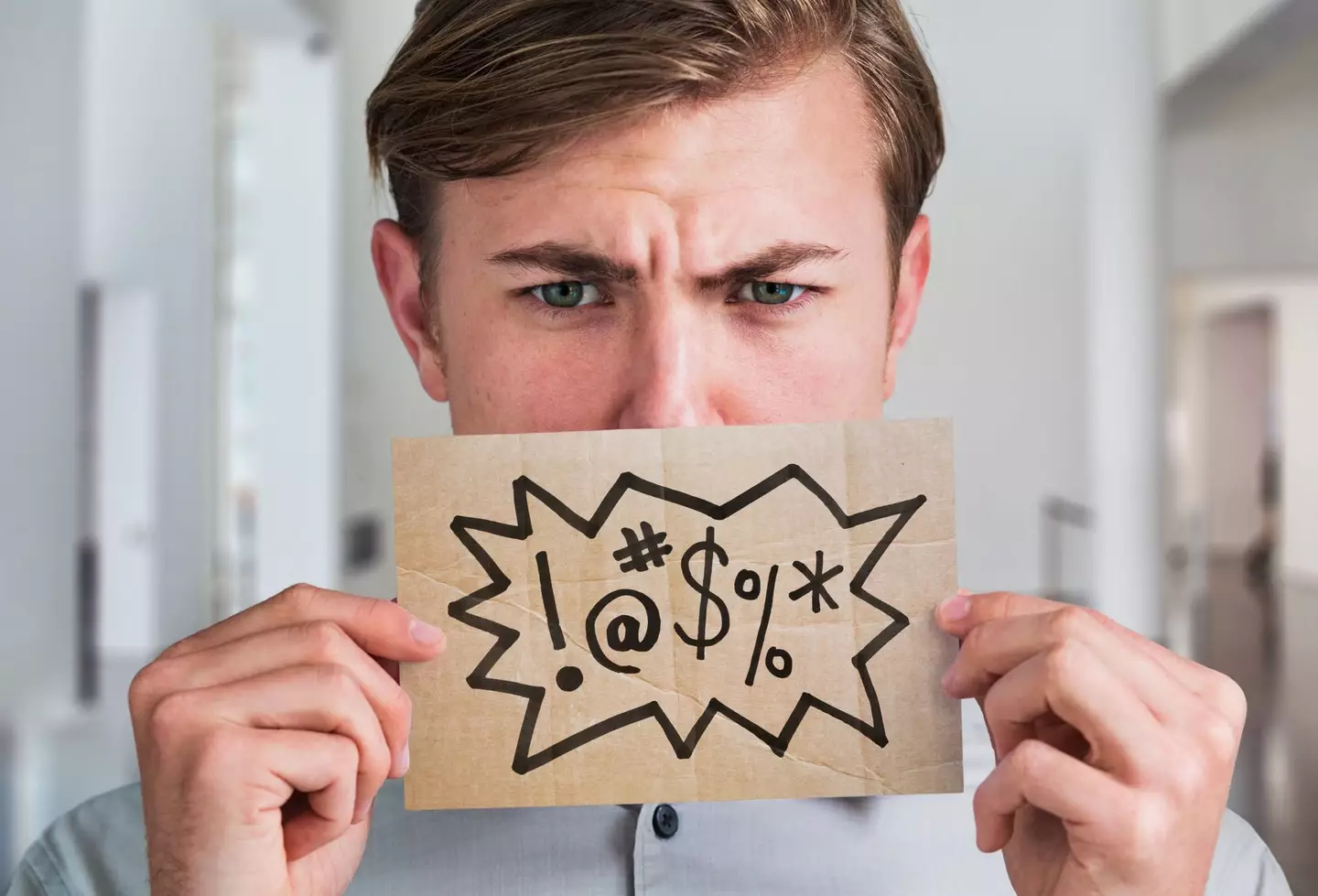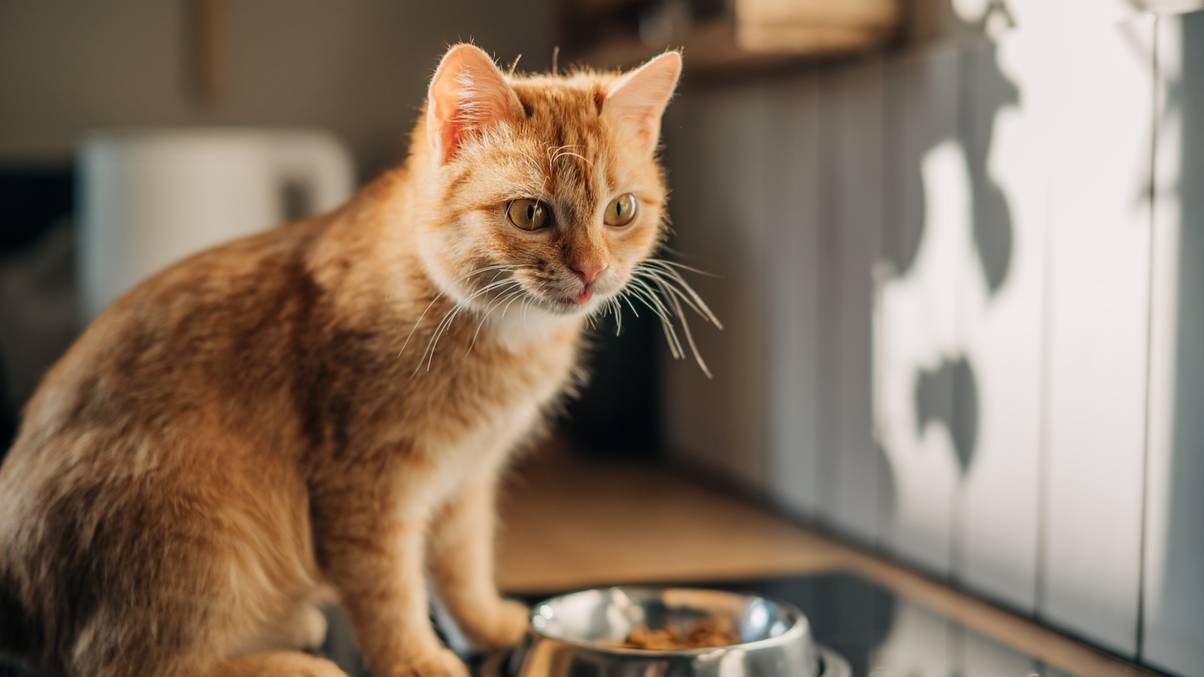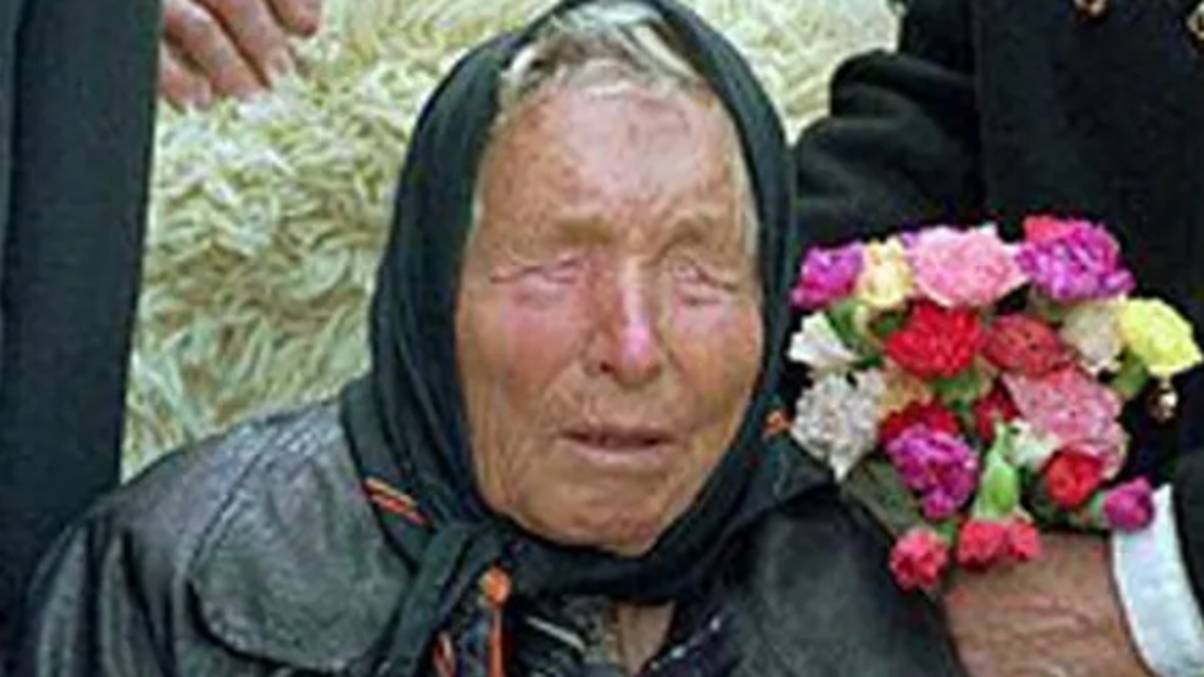“From Innocence to Insult: The Surprising Journey of the English Language’s Most Controversial Word”
Ever thought about the journey of a word that once carried no weight but now makes heads turn and conversations halt? Ah, yes—the infamous c-word! It’s the most offensive word in the English language, yet its evolution is anything but ordinary. Back in the day, it didn’t even raise an eyebrow; folks were using it with a casual grace that would make today’s parents gasp in horror! Now, you can practically feel the tension in the air when it’s uttered in public. But what’s the story behind this controversial term? Strap in for a rollercoaster of linguistic history that takes us from ancient respect to modern-day taboo. Let’s dive into how this four-letter dynamo morphed into a word most people wouldn’t dare say in front of their in-laws. Ready to find out more? LEARN MORE.
The most offensive word in the English language is a biggie for people these days, but it never used to be so taboo.
You’ll immediately know what this word is as there’s always someone harping on about hating it being said in public, but you might not know the history behind it.
Apparently, there’s a lot regarding the word and it’s since been on a weird journey to get to where it is now in the English language.

It’s not a word you’d say in front of your in-laws (Getty Stock Images)
Which word is it?
Easy, let’s not rush this. It’s all about the process of elimination before the big reveal.
While we all love a good F-bomb, B-word and whatever else people say to reference genitals and the anus, it just doesn’t hit the same as this one.
With so many offensive words that are casually used each and every day, it’s clear to say that we’ve built a culture that loves to decorate our sentences with some pretty vulgar language.
But one word stands head and shoulders above the rest.
It’s a blunt word, tough and harsh with hard sounds, with three consonants and a sharp stop.
The verbal equivalent of jabbing someone in the face, the word seems to have got progressively more offensive as time have gone on, though it was never meant to hold the power that it does in the 21st century.

It’s not a word you’d say to your mum (Getty Stock Images)
A word with feminist roots, and originated in 2400-2500BC in Ancient Egypt of all places, the journey this four letter word has undertaken is one that more people should know about.
If you haven’t guessed it already, the word is c**t.
Origins
It’s origins come from the Ancient West and East and was first found as ‘k**t’ in the writing of Ptah-Hotep, an Egyptian vizier from the 25th century BC, which referred to women as a term of respect.
We have to remember, thousands of years ago in the Stone Age, monogamy wasn’t a thing and female sexuality was not problematic. But as nomadic societies stopped moving, women began to hold land for families, men wanted to have families and women had to be monogamous – society changed and patriarchy was introduced.
How it became the most offensive word in the world
A BBC survey from 2000 revealed that the word ranked at number one among all other words in the English language, above the usual swears and above certain racial slurs.
If we roll the clock back a few centuries again, the word was used in several old Norse and Germanic tales, also living on in English as it was still considered a mostly harmless term, though it started to become offensive in Medieval England.
In the 1400s, there were still 20 ‘Gropec**t Lanes’ in the country, though they were placed in Red Light districts.
Shakespeare managed to use wordplay to slip the word into plays such as Hamlet and Twelfth Night, when it became more unacceptable.
By the early 20th century, the English language moved away from religious profanity to more vulgar and sexual language – more what we hear today.

Some people love to say c*nt (Getty Stock Images)
Why has it become so taboo recently?
Of course the word is bad, but the worst in the world? How did that happen?
Simply put, it’s because it’s blunt.
Linguistics have explained that other words for the female genitalia are usually Latinate, diminutive or euphemistic, while c**t is plain and, originally, Anglo-Saxon.
Many words that originate from that time have short vowels that come across as offensive, like s**t, p**s, f**k and c**k to name a few. But the odd thing here is that words that mean the same thing but have more syllables and sound less blunt, are less offensive – think poopy, pee, screw and willy.
But there is one word which shares these same characteristics that is actually still quite offensive, t**t.
Where do we stand with it today?
Numerous feminists today argue that the stigma around the word should be removed, simply because it is a more accurate description of female genitalia than ‘vagina’.
Coming from Latin, vagina refers to a sword sheathe, meaning that it translates into being a holster for male genitalia.
The c-word actually describes the whole thing, every individual part of the female genitalia, and reclaiming the word means that women are taking the power of their sex, feminists have argued.













